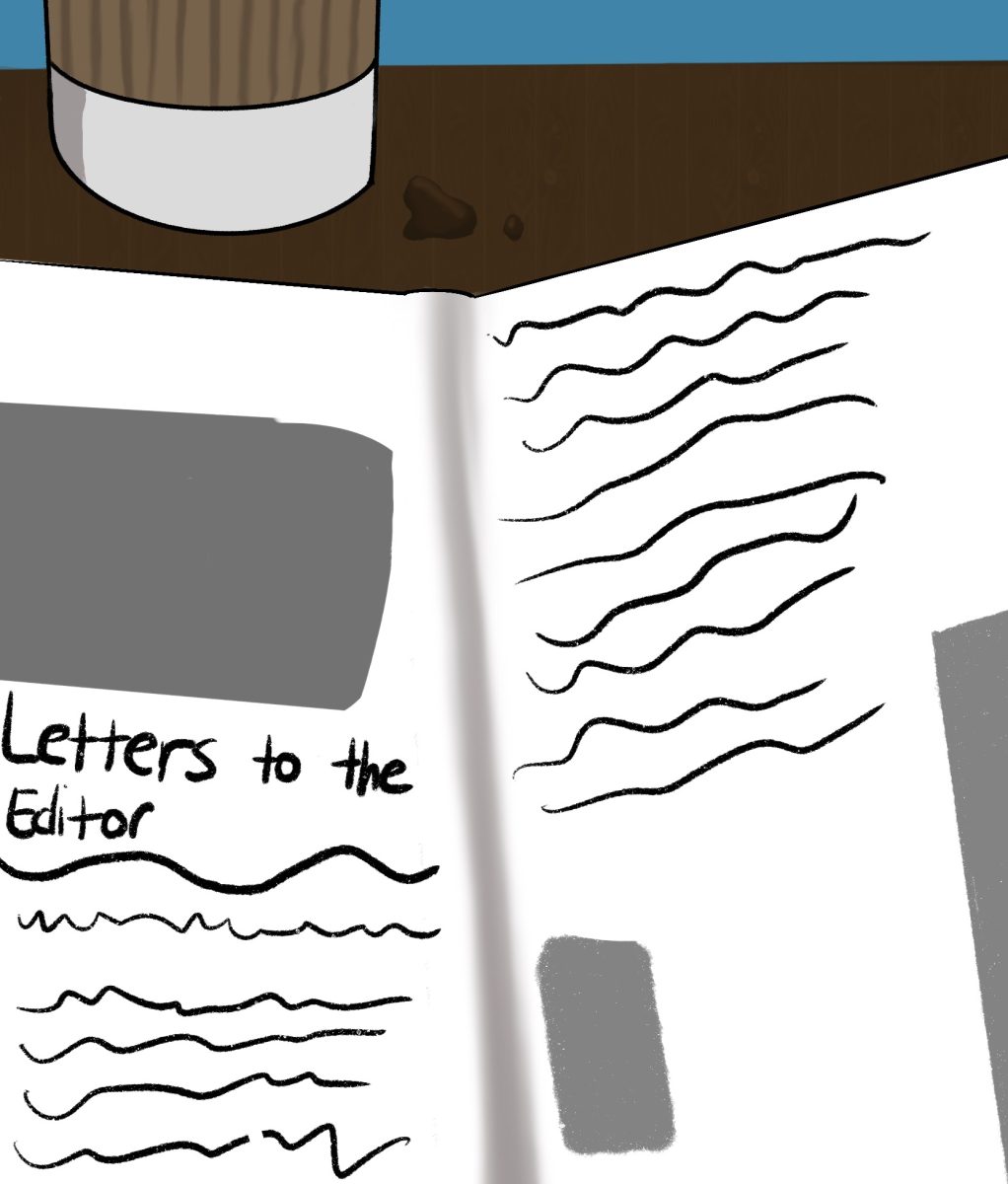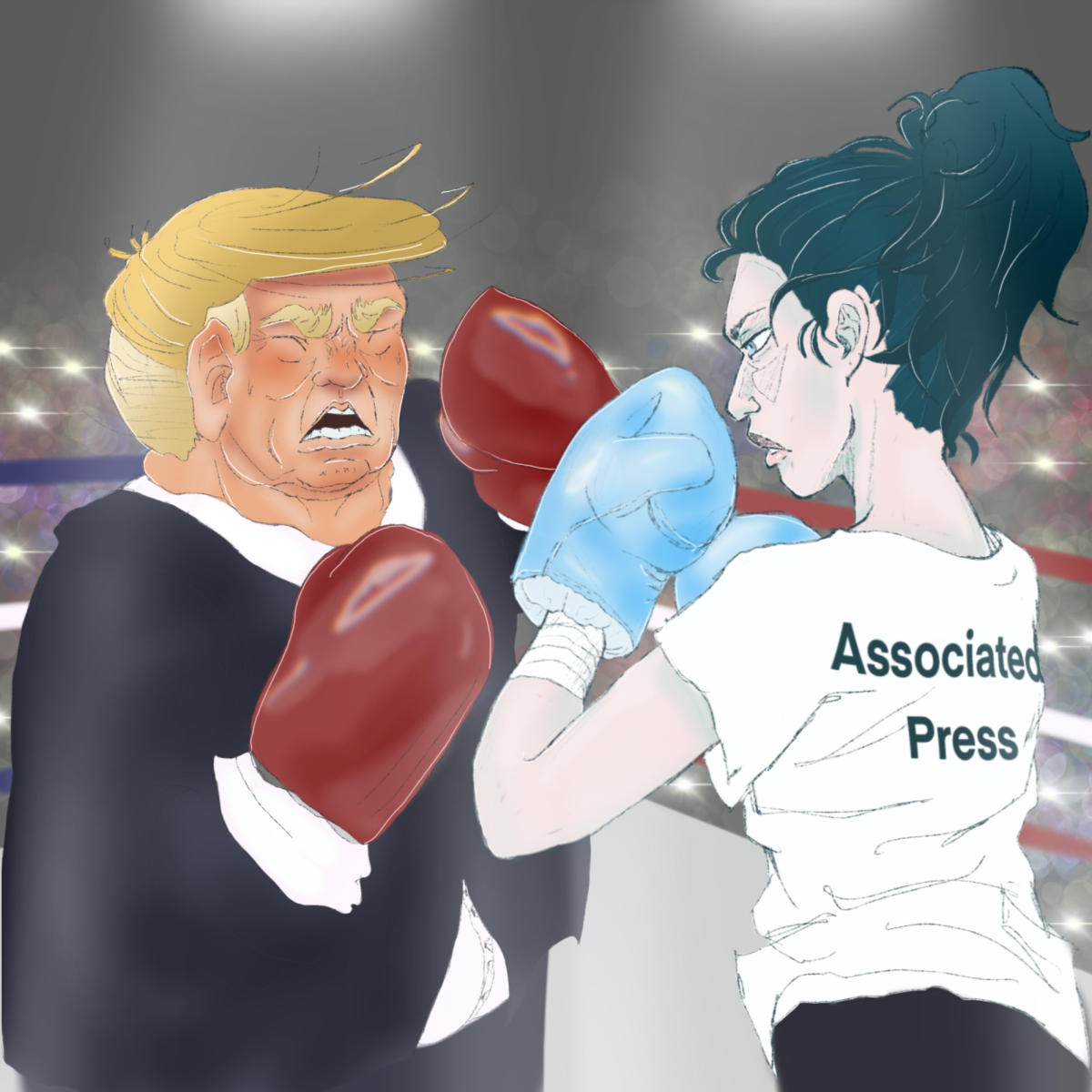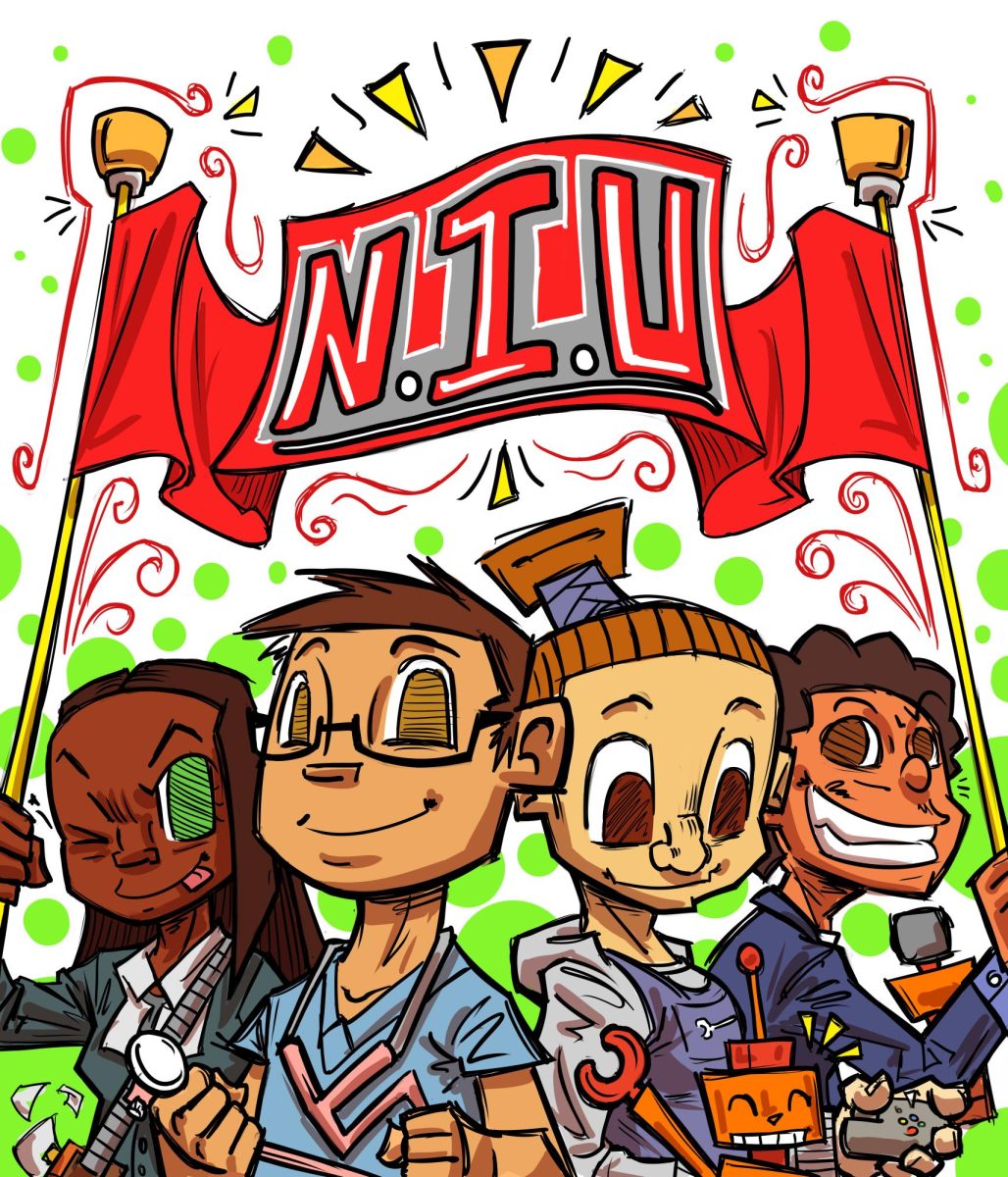The last letter to the editor the Northern Star published was in February 2023. Don’t be shy, readers, send in more!
WHAT ARE LETTERS TO THE EDITOR?
A letter to the editor is written by a reader and delivered to a publication, often to share a personal view or discuss an important issue.
Jason Akst, a journalism and communications instructor at NIU, believes technological advances may be to blame for the decline of letters to the editor.
“Why take the trouble of doing all of that (writing a letter) to express anger or concern when you can just click a little emoji that says anger or concern?” Akst said.
In a digital world, where social media makes two-way communication much easier, the Northern Star appreciates and encourages appropriate comments on our social media content.
But that doesn’t mean long-form public commentary needs to disappear. Evoking meaningful discussion about the world around us is what being human is for, not just being a journalist.
You can see old letters published in the opinion section of the Northern Star’s website.
WHAT’S THE VALUE OF LETTERS TO THE EDITOR?
Journalism is independent – loyal to citizens, not government – a requirement as old as the First Amendment.
The key principles of journalism are based on that loyalty, including an obligation to the truth, serving as a watchdog for citizens and providing a forum for public discussion, according to the American Press Association.
While news reporting must remain objective, the stories we publish – and the editorials we produce – work to begin that public discussion.
As readers, your thoughts and opinions are pivotal too.
“If a publication like the Star publishes the story, and all of a sudden gets a lot of letters to the editor, that’s a pretty clear signal that, that the Star, or any news media organization, has covered something of significant concern to its audience. So it’s a validity check,” Akst said. “They are also a mechanism to hold news media organizations accountable for incomplete coverage, bias, things like that.”
As a reader, writing letters to the editor is also advantageous to you: a tool to illuminate issues that speak to your passions.
“They are a way for people to speak their mind and say what’s important to them. They are also an avenue to build awareness and advocacy for causes that the news media, not by intention, but just lack of staffing, may be unaware of,” Akst said. “They are also, from the writer’s perspective, a way to highlight a personal story that could illuminate the bigger picture.”
WHAT TO CONSIDER WHEN WRITING YOUR LETTER
Though we’d love it if you could, we understand not everyone has the time to be a columnist or news reporter for the Northern Star. Letters to the editor can be a one-time option for readers who want to share.
But don’t throw all societal caution to the wind and begin writing down your deepest, unfiltered thoughts. Remember, letters to the editor are published online, and they’re published with your name. Be comfortable signing your name to your opinion, as we can’t publish anonymous letters.
“Brevity, civility, spellcheck: to boil it down to a real quick three things. If you do those quick three things, you’re already on a good path,” Akst said. “Actually express your opinion. Don’t be over — be civil, but don’t be diplomatic.”
Please keep your letters professional and concise; try not to exceed 300 words.
Not every letter will be published, but don’t be afraid to reach out. Your voice is critical, and your opinion matters.




















